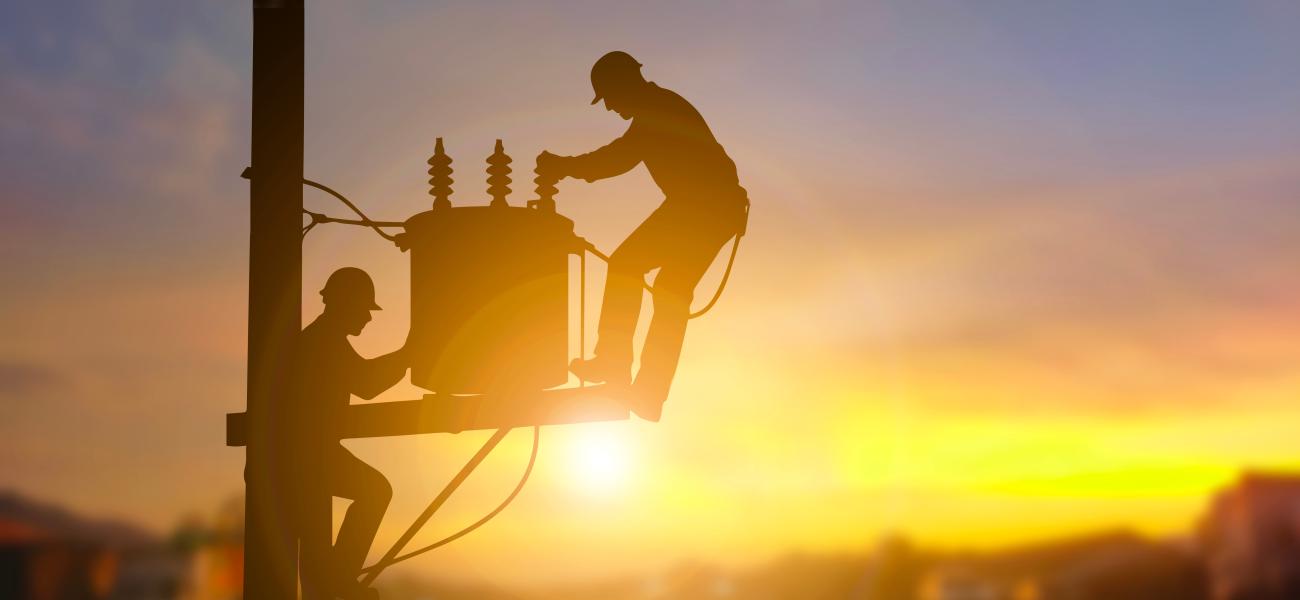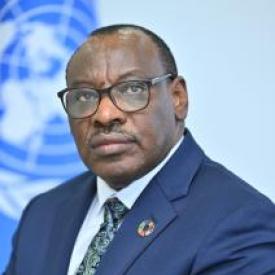Across the continent, a staggering 600 million people remain without access to electricity, a number that translates into significant energy poverty, particularly in rural Africa, where 70-80 million need to gain access yearly to be on track to meet the 2030 universal access to electricity target.
While our continent accounts for 17% of the world's population, we generate less than 3% of global electricity. This ‘power poverty’ stifles industrialization, limits healthcare outcomes, and constrains economic transformation even as Africa exports uranium and other critical minerals to power many parts of the world. Although there is remarkable progress across countries on the continent, the overall pace of progress is slow, requiring an ambitious shift towards nuclear energy, tailored to Africa's unique needs and opportunities.
Confronting our fears – examples from around the world
Critics are right to debate questions of safety, malice, accidents, cost and potential harmful effects on the environment. Many argue that investing in renewables is sufficient. Furthermore, the public is unlikely to forget Chernobyl and Fukushima and the constant threat of nuclear war. Yet, South Africa's Koeberg plant has operated safely for 40 years, proving nuclear energy works on the continent. In addition, experts note that nuclear energy has the lowest death rate per kWh of any major energy source, safer than wind and solar when accounting for manufacturing risks. Modern reactors such as Westinghouse's AP1000 have passive safety systems that shut down automatically.
With its 25 reactors, South Korea has gone from energy importer to nuclear energy exporter and has a target of providing 30% of its electricity while cutting emissions by 2030. Similarly, France generates 70% of its electricity from nuclear, achieving Europe's lowest electricity prices and a clean grid. Bangladesh, with GDP per capita similar to Kenya's, is building its first reactor with Russian support, proving nuclear energy can be accessible to developing countries.
And there are more encouraging developments closer home. Egypt is constructing four 1,200 MW reactors at El Dabaa—a $30 billion bet on nuclear as an industrial catalyst. Ghana has partnered with NuScale Power to explore Small Modular Reactors - SMRs that could power mines and cities simultaneously. Furthermore, countries that fall under the Tier 1 category - Egypt, Rwanda, Ghana, Uganda, South Africa, Nigeria and Zambia - are firmly committed to starting or expanding their nuclear energy programs. Governments in Niger, Kenya, Tunisia, Morocco, Ethiopia, Tanzania, Namibia, D.R. Congo, Senegal, Algeria and Zimbabwe are working towards the role of nuclear energy in their future electricity supply systems.
Powering industrialisation and the AfCFTA
The International Energy Agency estimates that growth in Africa’s industry, commerce and agriculture will require electricity demand to grow by 40% by 2030. ECA assesses that the African Continental Free Trade Area electricity needs will account for 8% of the total continental electricity capacity by 2035, and 14% by 2040, requiring additional investment of $22.4 billion between 2025 and 2040. Furthermore, by 2040, due to rapid population and economic growth in Africa, the electricity supply must expand by more than 4 times.
Furthermore, Africa is facing sectoral transformations due to frontier technologies. Data centres to store big data and power frontier technologies require a significant energy supply. The gradual transition of Africa’s transport system to electric vehicles will also increase the demand for electricity generation on the continent.
Africa can no longer risk crawling its way out of energy insecurity. As we say in Africa, we can sing and dance at the same time. As we invest in renewable energy resources, we can also advance nuclear energy development. Egypt's El Dabaa will deliver 4,800 MW for $6.25 billion. With an over 40-year lifespan, Nuclear makes it cost-competitive.
But what about the nagging question of nuclear waste? Current innovations are proving that new reactor designs consume nuclear waste as fuel. Waste management systems have also developed to offer safer options for disposal. Countries such as Niger with large deposits of uranium could power reactors for centuries while solving waste challenges. Namibia could achieve energy independence and power the rest of Africa for decades to come– after all, Africa controls 20% of global uranium reserves.
Government Commitment and Tangible Benefits
The path ahead is clear. We must harness nuclear energy’s potential and adopt a bold political commitment backed by a clear national roadmap, including target dates for operational plants and long-term capacity-building initiatives. The potential is enormous and could result in creating thousands of skilled jobs and transforming Africa’s energy system towards greater energy security.
Governments need to tap into the reliability of nuclear power. With a 90% capacity factor, plants enjoy up to 45 years of economic life. While large-scale reactors provide stable baseload power, low-hanging fruit should focus on deploying SMRs first (20-300 MW) to power mines and industries, before scaling up to gigawatt plants.
To address the financing hurdle, which requires high upfront costs (70–85% fixed), countries can draw lessons from Africa’s 6.4 GW renewable energy projects, such as South Africa’s procurement program and global nuclear public-private partnership financing models.
Africa’s regional power pools, such as the Southern African Power Pool and the upcoming launch of a regional electricity market in the East African Power Pool, could amplify investment by pooling demand. The African Single Electricity Market (2040 vision) aims to integrate continental grids, boosting nuclear power’s viability.
Creating an African Nuclear Alliance can pool resources, negotiate better technology transfer deals and training programs and reform energy financing in partnership with Africa’s financial institutions to de-risk projects. The African Union and regional blocs must lead this charge to secure Africa’s energy future.
The time is now to move from potential to action. If done right, Africa could be a leader in this sector. Nuclear energy offers a bright future. But we must act deliberately and have the courage to embrace it.
Claver Gatete is the Executive Secretary of the UN Economic Commission for Africa.






